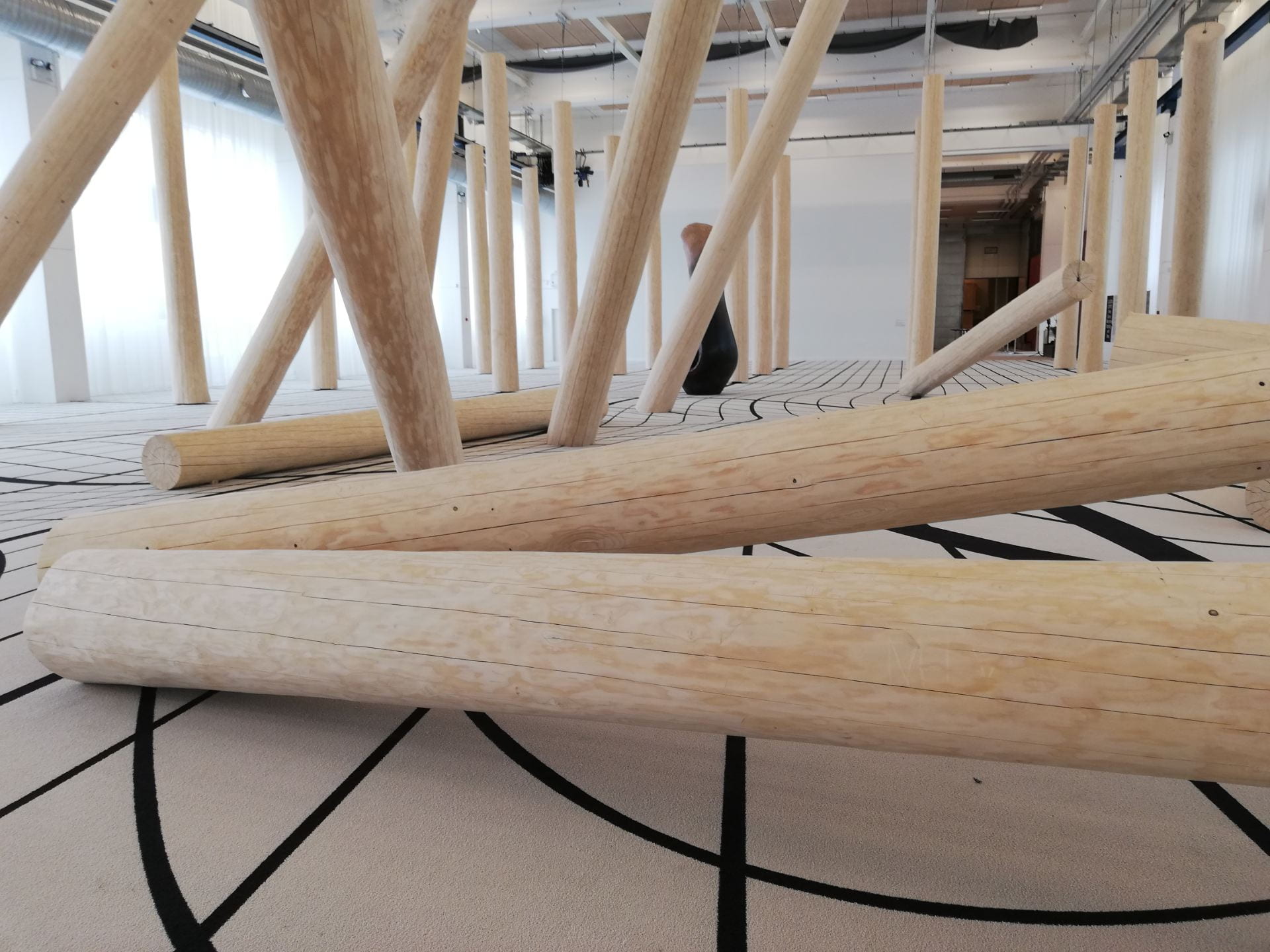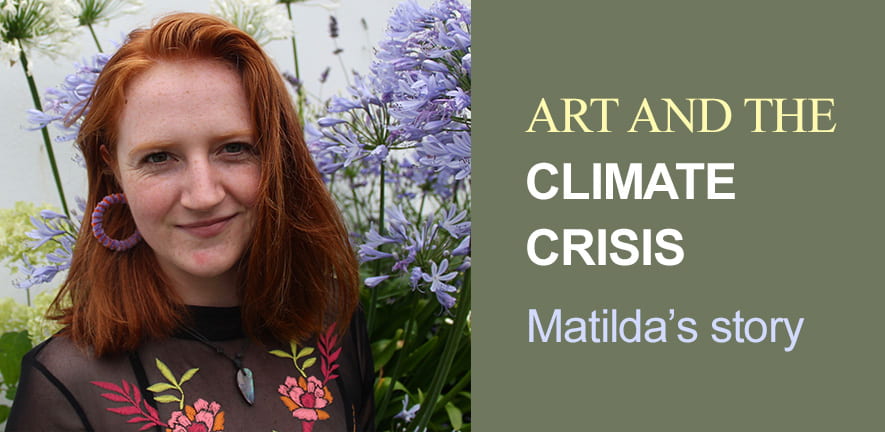Matilda O’Callaghan, a finalist in Geography from Girton College, discusses her recent environmental work experience and goals for a career in the arts
I undertook some work experience with the Met Office in the Climate Change Department in September 2018.
I created a publicly-available policy card to coincide with the IPCC’s report on the 1.5°C target. This is because it became clear the 2°C limit to warming agreed at Paris in 2015 was not enough to avoid large-scale environmental damage. Therefore, a 1.5°C upper limit needed to be actively encouraged by providing policymakers with clear strategies, as well as alerting them to the challenges that might need to be addressed. This card has been used to help engage the public in the issue, while being a clear visual for the UK government. I explored the challenges of the target and how the goal could be achieved, investigating strategies including negative emissions, natural climate solutions, and methane mitigation. I also created government brief papers on recently-published academic papers on climate change. This summarised complex scientific evidence so that it could be easily understood by both politicians and civil servants.
My average workday was very independent.
I read academic papers by authors contributing to the 1.5°C IPCC report, alongside other climate change research. This was difficult at first, as I had to teach myself the complex science quickly and be able to summarise the information. I also arranged regular daily meetings where I worked with the Climate Change Department, the Knowledge and Integration Team, and the Design Team. This meant I learnt how to mediate, communicate and translate complex knowledge into clear, accurate information, addressing the needs of different teams. Overall, it was a very challenging but exciting experience, knowing that my work was going to directly influence the government’s policy and delivery on climate change action.

My experience has led me to explore questions of how else we can create action on the ground.
After a Geography field trip to Copenhagen, where I saw inspiring exhibitions on environmental art, I became really interested in the potential for art to create activist spaces both in and outside the gallery. I decided to use my dissertation to research whether the curation of Inuit Art has the potential to create spaces of environmental activism.
After having a meeting with Cambridge University’s Careers Service I decided to take the leap from a Geography background into the art industry.
I received help on my CV, exploring different Master’s options and career opportunities available. Through Vacancies & Opportunities, I applied for and was given a position to volunteer during Mayfair Arts Weekend in London. I made extensive use of GradLink to connect those in the arts industry to start to build up a network and research more. I was also recommended to explore the Arts Council website, where I found opportunities to write, such as through The Gallyry, an online feminist arts magazine.
I learned that the personal is political, and that art is an important tool for creating an emotional effect that connects people to their environments.
I decided to develop my own artistic practice and as a result am being commissioned by BBC Arts and Arts Council England as a New Creative to make my own audio project ‘Embracing Wild Waters’. This project uses my poetry with a water soundscape to link my experiences of having a disability to environmentalism, by showing we need to embrace the pain and uncomfortableness in life to find solutions. During the summer, I worked with a contemporary art curator at the Royal Albert Memorial Museum in Exeter on an exhibition about female-gendered experiences to the sea. This has revealed the potential for the arts to intersect environmental issues with feminism, disability and other inequalities.
I’m now planning to do an arts or creative masters, and to develop my artistic practice as a poet and a writer.
I hope to actively reconnect people with the natural environment, and to collaborate on creative solutions to climate change.

